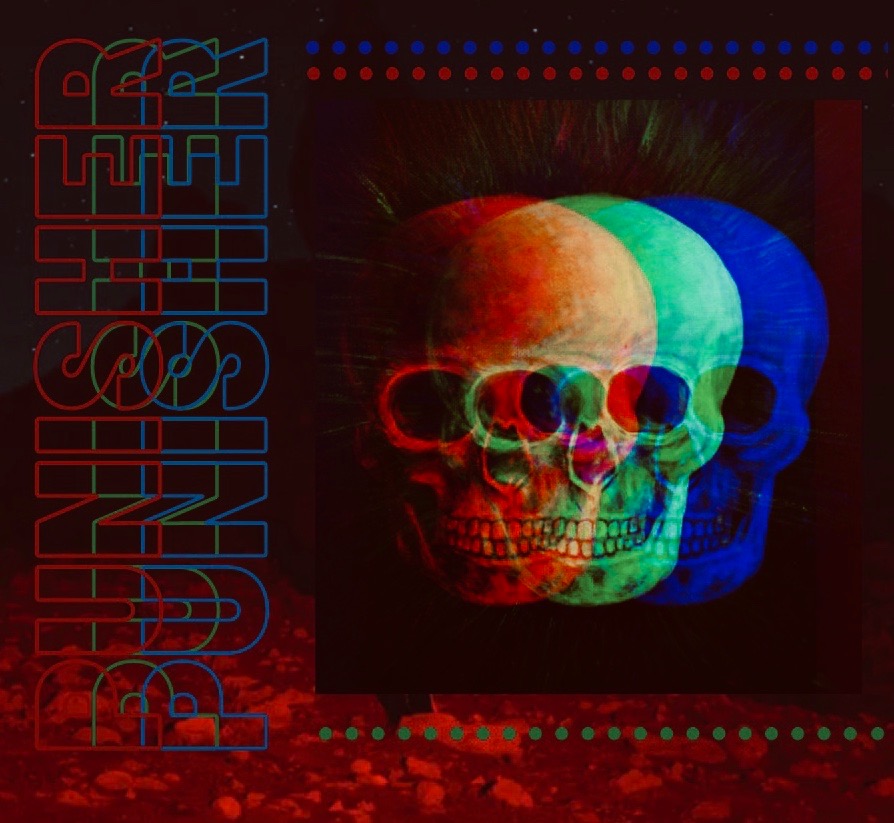‘Punisher’ offers emotional and existential reflection
October 17, 2020
In the midst of pandemic panic and a world turned upside, Phoebe Bridgers gave us a slight salve for our stress on June 18: her sophomore album, “Punisher.”
Released twenty-four hours earlier than intended, Bridgers said in her interview with James Corden that she wanted to release the album to the world amidst so many changes rather than wait for a moment where she, as a white creator, would take up more space.

Similar to her first album, “Stranger in the Alps,” released in 2017, Bridgers delivers on Punisher with her signature mournful, quiet style of singing coupled with contemplative lyrics. Bridgers shows a more vulnerable and mature side of herself on “Punisher.”
Bridgers is known for her dark, sad songs that deal with depression, anxiety and an overall feeling of malaise. Her song “Funeral” from her first album shows this perfectly with the lyrics, “Jesus Christ, I’m so blue all the time/ This is how I feel/ I always have and I always will.”
Despite the darkness, “Punisher” offers a glimpse of healing and growth, as seen in “Garden Song,” where a deeper, male voice harmonizes with Bridgers’ soft singing, “The doctor put her hands over my liver/ he told me my resentments getting smaller.”
“Punisher” is also rife with songs that deal with Bridgers’ complicated feelings toward various relationships. “Kyoto” pairs trumpets and ethereal background vocals with her mixed feelings towards her father as she sings, “I don’t forgive you/ but please don’t hold me to it.”
Similarly, “ICU” was written with and about Marshall Vore, Bridgers’ ex-boyfriend and drummer. “ICU” is composed of uptempo beats, incredible guitar riffs and Bridgers crushing lyrics, “I feel something when I see you/I used to light you up/now I can’t even get you to play the drums.”
“Punisher” offers us a taste of existentialism with songs like “Chinese Satellite.” Bridgers contemplates the afterlife as she “wants to believe,” but “looks at the sky and feels nothing” and thinks that “when you’re gone it’s forever.”
“Chinese Satellite” pushes us out of Bridgers typical solemn songs and reaches for larger questions. For me, this song felt like a call to explore and to question ideas about the afterlife.
“Moon Song,” “Savior Complex” and “Graceland Too” offer slower, almost lullaby-like tempos that can soothe you to sleep until Bridgers’ heartbreaking lyrics break through the calm atmosphere to jolt you awake.
“Moon Song” is one of my favorites off this record as it slowly paints a picture of a flawed friendship. It’s deeply painful and insightful with it’s lyrics, “I will wait/for the next time you want me/ like a dog/with a bird at your door.”
It’s a slow and emotional song that I related to so much, and I loved the way “Moon Song” makes me feel a bittersweet combination of sadness and happiness.
Her closing song, “I Know the End,” perfectly encapsulates the complexity of “Punisher” as it begins slowly, opening with the lyrics, “Somewhere in Germany/ but I can’t place it/ Man, I hate this part of Texas/ Close my eyes, fantasize/ three clicks and I’m home.”
Bridgers draws us in with her melancholic voice until suddenly immersing us in her screaming vocals and a chaotic cacophony of instruments. Bridgers hauntingly sings, “I turned around/ there was nothing there/Yeah i guess/ The end is here,” before exploding with guitars and screams before fading out.
“I Know the End” is another favorite of mine that circles back to the theme of existentialism. It is unapologetic in its declaration of fear and intrigue about the end of the world, and I find myself screaming along every time.
In the span of just 40 minutes, Bridgers immerses us in the world of her inner thoughts, fears and desires, and gives us songs that will stay with you for days after.






